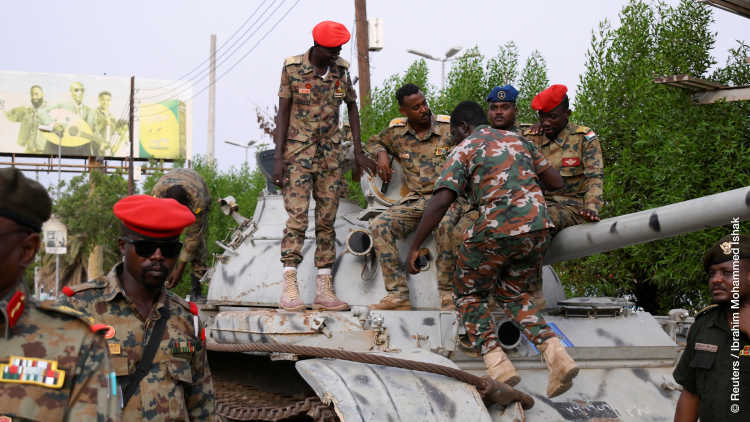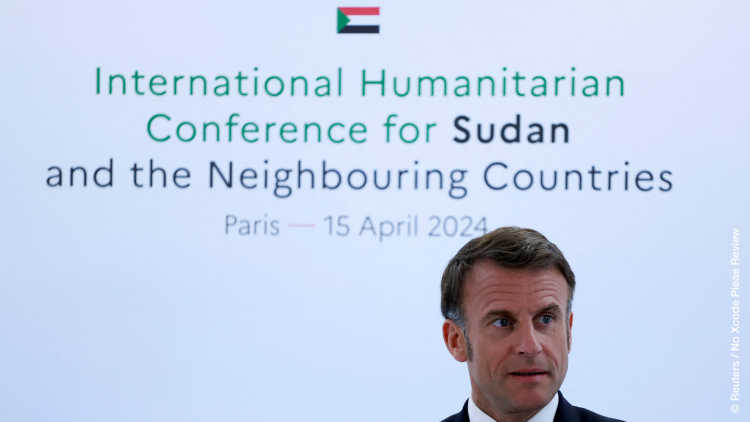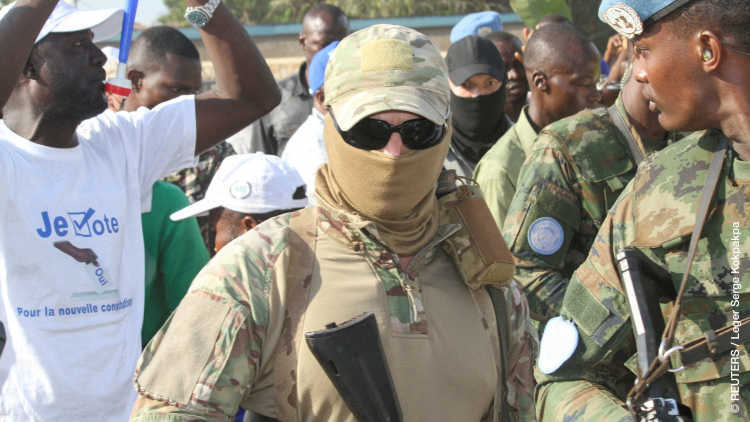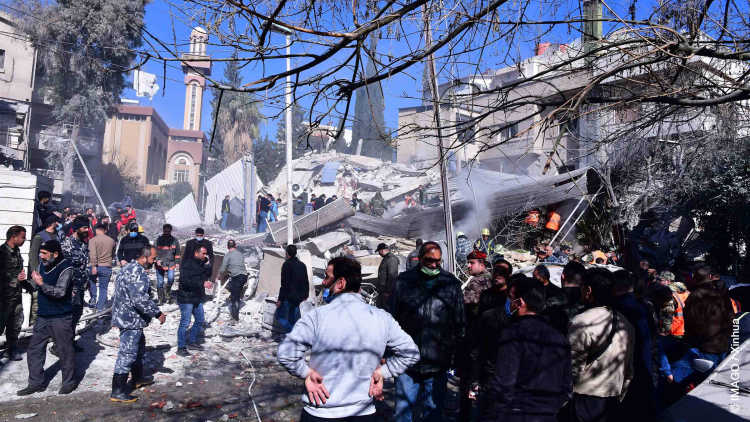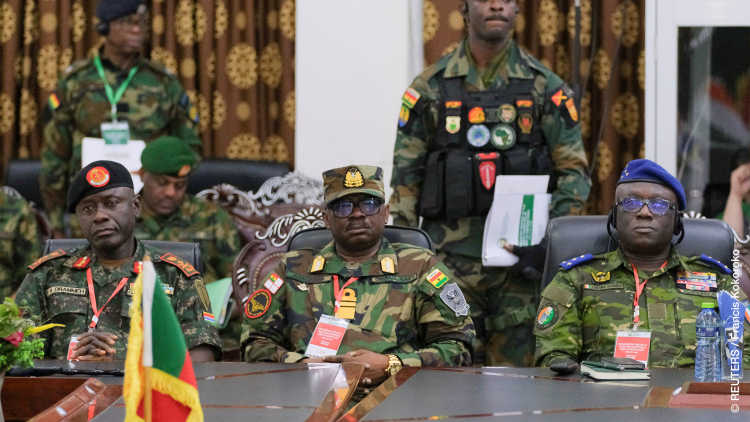- Home
- Publications
- Contributions
- Between Coups and Election: Constitutional Engineering and Military Entrenchment in Sudan
Hager Ali / Salah Ben Hammou / Jonathan Powell
Between Coups and Election: Constitutional Engineering and Military Entrenchment in Sudan
Africa Spectrum | 2022
Abstract
This article investigates the Sudanese military’s behaviour after vetoing the country’s democratisation process on 25 October 2021. After the coup’s leader General Abdelfattah al-Burhan cancelled surprisingly few constitutional provisions, Sudan’s future remains uncertain. Why would Sudan’s military officers stage a high-risk coup to merely alter the terms of the existing constitution? And what are the implications for the next elections? Using empirical evidence from Sudan’s previous military takeovers to evaluate the post-coup constitutional engineering, the analysis finds that military control over the electoral commission as well decentralisation will be determining factors moving forward. We encourage coup and democratisation researchers alike to examine the timeframe between an anti-democratic coup and subsequent elections more carefully. Entrenching military power through elections requires a policy-setup in advance, usually undertaken in this timeframe. Thus, we provide key insights into how armies incrementally consolidate their power without radically overhauling existing institutions.
Regional Institutes
Research Programmes
Journal
Africa Spectrum
Volume
57
Number
3
Pages
327-339










